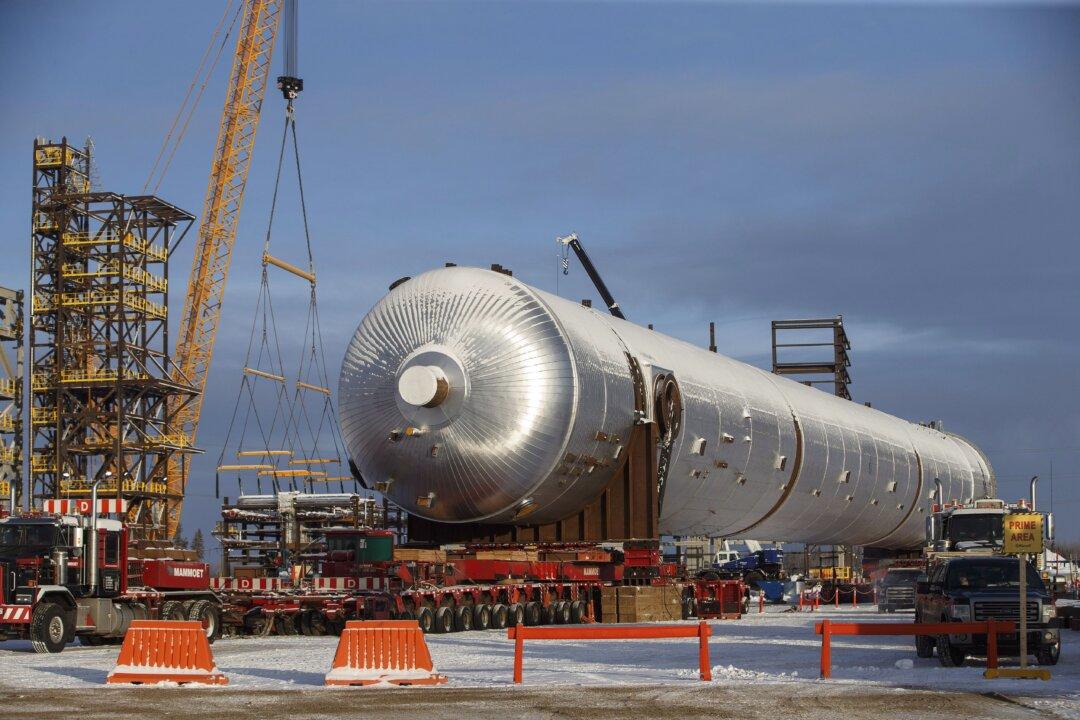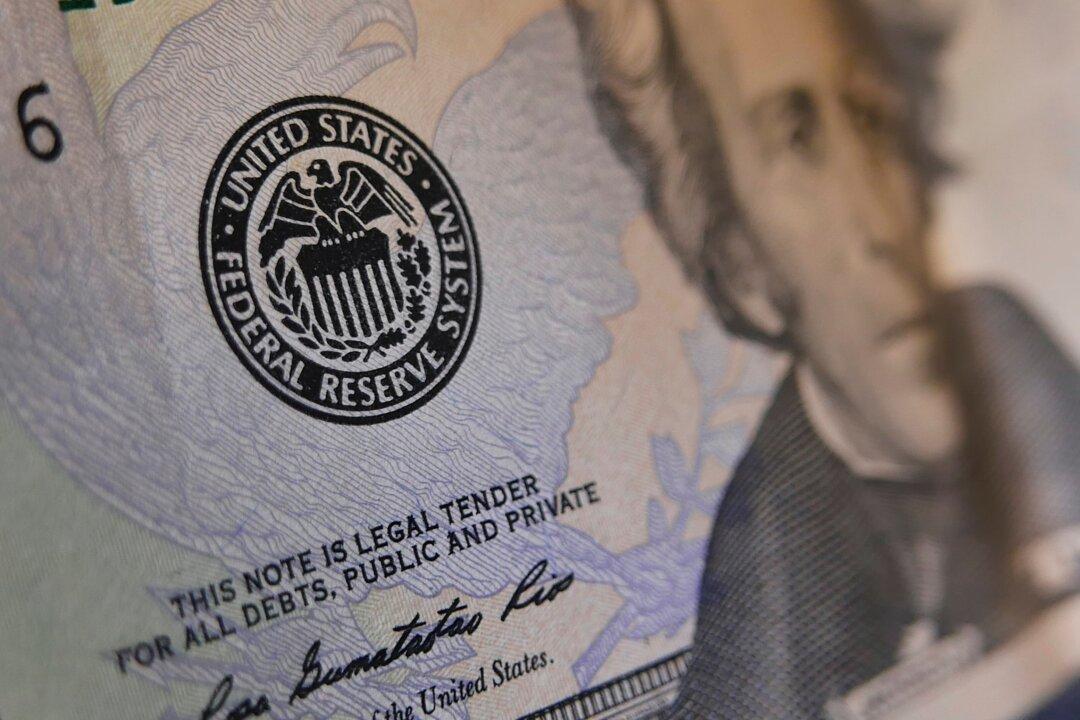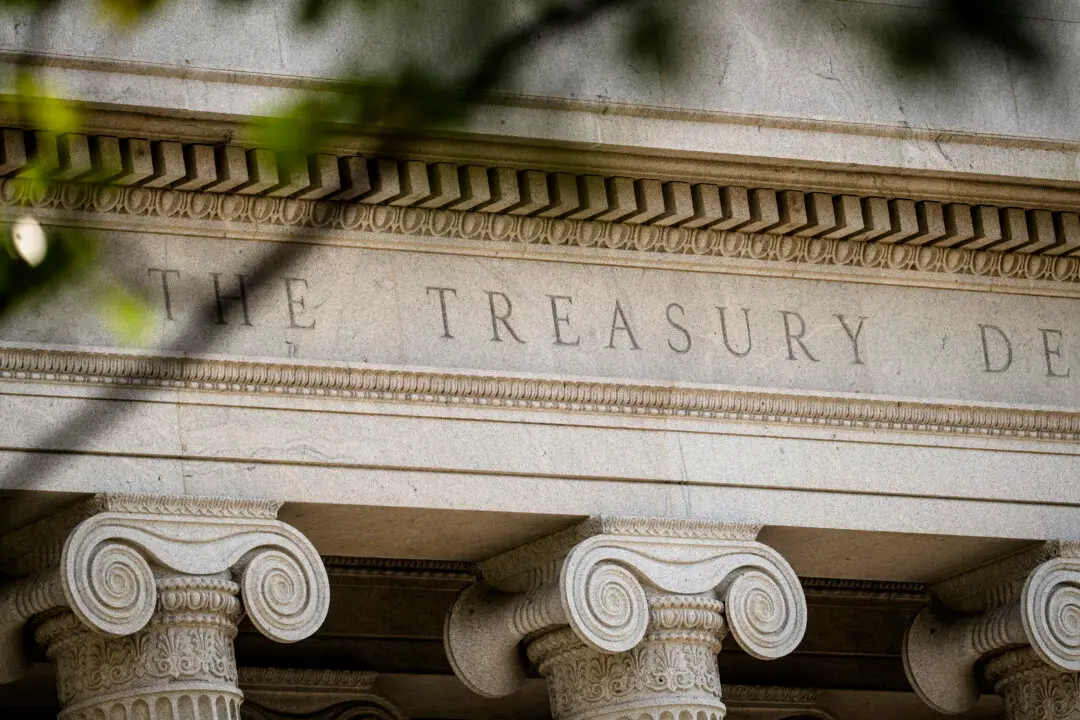Commentary
In 1980, I was struggling MBA student. The University of Toronto exposed me to the radical, for the times, ideas of the Chicago school economic thinkers like Milton Friedman and George Stigler, and Austrian school giants like Ludwig von Mises and Friedrich Hayek.
These two “schools” of economic thinking championed individual freedom and capitalism and challenged the Keynesian orthodoxy of constantly meddling in the economy. To this day, a core strategy of economic decision-makers influenced by Keynesian pragmatists has been for the government to pick the winners and losers in various industries and businesses. They have continued to do so with varying degrees of commitment and with limited success. In fact, the strategy almost always ends up being harmful eventually.
The National Energy Program was passed in 1980 by the Liberal government led by Pierre Trudeau. The program was basically a de-facto partial nationalization of the oil and gas industry, with the stated intent of ensuring that Canada would become energy self-sufficient by 1990. Given that Canada is a major fossil fuels exporter, this goal seems ludicrous in hindsight.The NEP also had the goal of increasing Canadian participation in, and ownership of, oil and gas resources, which was used to justify nationalization and more government control. The advocates of the program assured us that consumers would enjoy “fair” energy pricing, which all too many Canadians defined as “artificially cheap.”





